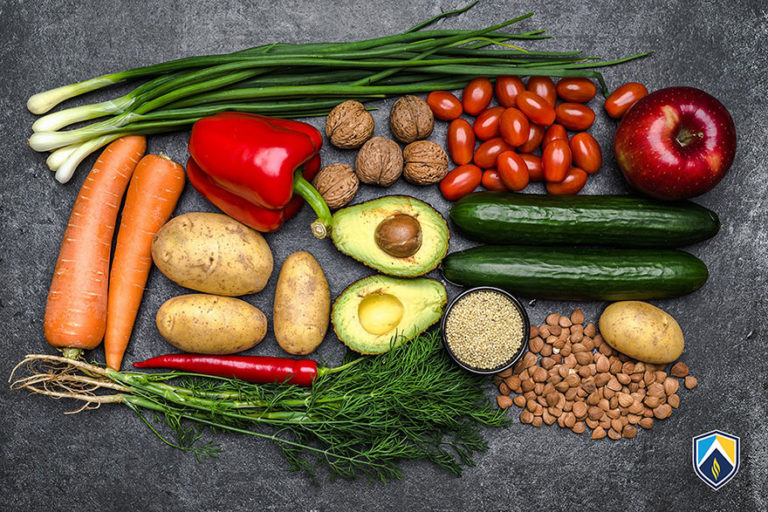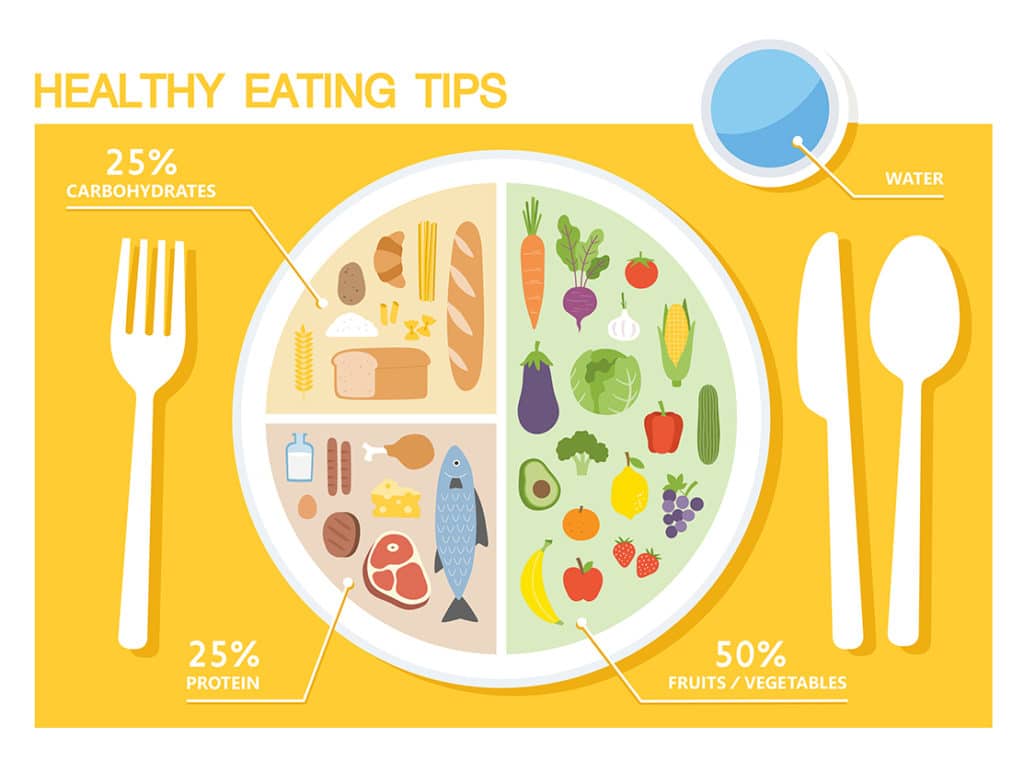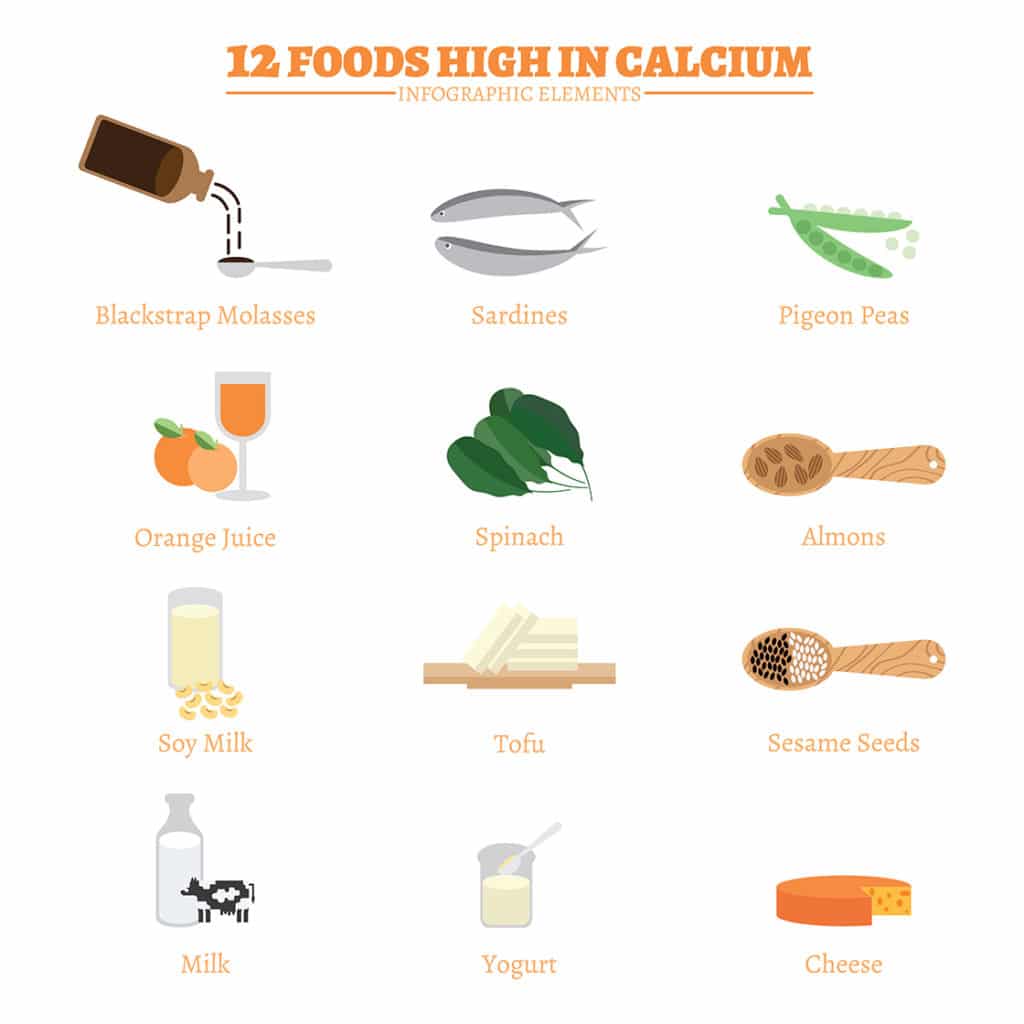Eating for Health
As a nurse educator, I often see students and patients overlook or take nutrition for granted. Do you know there are more than 25 essential vitamins and minerals that should be in our diet every day? In addition, your body requires amino acids, fatty acids and choline to function correctly.
While many rely on supplements, I tell my nursing students that supplements are not regulated and sometimes are a source of nutrition misinformation. To get all the essential nutrients from a supplement, you would have to sallow a supplement larger than a baseball. In other words, there is no substitute for healthy food. Our bodies need the nutrients in the right amount and in the right ratios. Nutrient-dense foods provide that; supplements don’t.
How do we ensure we are consuming nutrient dense food? Often, we focus on foods to avoid. Instead, start by focusing on foods to add that will improve your overall health and longevity. Good nutrition is vital to our overall health and can prevent heart disease or bone loss.
Heart Health
Heart disease is the number one killer of both men and women. Fortunately, maintaining a healthy diet can vastly lower your risk of heart disease. American Heart Association recently released new evidence-based dietary guidelines to improve the health of all Americans. Recommendations include eating plenty of fruits and vegetables, whole grains, seafood, lean meats, low-fat dairy and non-tropical liquid plant oil.
If these recommendations don’t currently align with your diet, they can seem overwhelming. However, a few simple additions can have long-term benefits to your heart health. A good goal is to add color to your diet. The best way to get all the vitamins, minerals and nutrients you need is to eat a variety of colorful fruits and veggies. Add color to your plate with the five main color groups: red, blue, yellow, white, and green.
Bone Health
Much has been written and talked about when it comes to dairy and many diets tell you to avoid it. Remember those essential nutrients? Low-fat milk, yogurt, and cheeses provide calcium, riboflavin and vitamin D, which are necessary for bone health. Calcium is the mineral most associated with healthy bones and teeth and dairy is high in calcium.
If you are lactose intolerant, don’t assume you need to avoid all dairy. Not all dairy is the same. Try Greek yogurt and hard cheese, which are low in lactose because their production process breaks down lactose. For example, aged cheddar has between 0 to 2 grams of lactose per ounce. Milk in comparison, has approximately 11 grams in one cup.
If can’t have dairy, leafy greens, almonds, winter squash, edamame, sardines and tofu can all be a good source of calcium. The important thing is to include foods high in calcium in your diet.
Food Choices
These are just two examples of how to improve health. Other foods to consider are lean meats and plant- based proteins that help maintain body muscle, skin, and organs. Whole grains contain B-vitamins and fiber to convert your food into fuel. Unsaturated plant oils, while calorie-dense, can add flavor to food and give a feeling of fullness.
There is no substitute for a healthy diet, so actively seek out nutrient-rich foods to improve and maintain your health. A diet of healthy foods contains a complex combination of fiber, minerals, vitamins, antioxidants, and phytochemicals. You can’t get all that from a baseball-sized pill.
By Jeanne Bradford
Jeanne Bradford is a faculty member for Arizona College of Nursing, Las Vegas campus. Jeanne has a comprehensive career in nursing including serving as an emergency room nurse. She is also a registered nurse.
Information in this blog post is accurate as of May 6, 2022.




